Seoul, August 19, 2025 — Shin Hyun-dong, Chairman of the Korea Digital Asset Economy Association (KDAEA), contends that South Korea is at a pivotal moment for asserting itself as a global powerhouse in digital assets—if legislators act, fast.
Shin, who also leads the financial division of Asia Capital and co-chairs the preparatory committee for the Asia Digital Asset Council, highlighted the urgency of regulatory reform. He previously served as Vice-Chair of the Democratic Party’s Policy Committee and led the Digital Asset Economy Committee in the campaign for President Lee Jae-myung in June 2025.
He began his venture into digital assets through the development of the KOA utility token for DeFi platforms, working with KODAPS Bank and OMG World Foundation. That platform is slated to launch in late August.
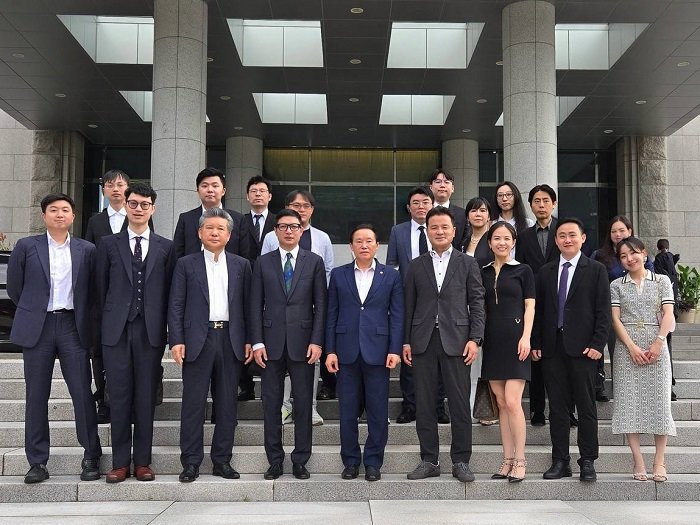
Founded in October 2020, the KDAEA—now under Shin’s leadership since October 2024—has pioneered policy research around key legislative frameworks, fortified stakeholder protections, and promoted transparent trading protocols. The association also coordinates with the Hong Kong Web3 Development Committee, led by Chairman Jack Kong, to establish the Asia Digital Asset Council.
Shin explained that Hong Kong’s rapid ascent as Asia’s Web3 financial hub hinged on its early enactment—beginning August last year—of comprehensive laws covering stablecoin issuance, exchanges, and Web3 development. That has pushed it back into the world’s top three financial markets.
In contrast, South Korea’s lawmakers are only now advancing similar legislation—initiatives that could come to fruition as early as spring 2026. Brazil is actively forging a partnership with Hong Kong, aiming to invigorate its digital asset market, curb money laundering, and build a transparent ecosystem.
The nascent Asia Digital Asset Council plans to include representatives from Korea, Hong Kong, Singapore, Japan, Taiwan, Thailand, Vietnam, and the Philippines. Its priorities: anti-money laundering, exchange regulation, and robust, research-backed financial evaluation systems to address the shortcomings in how exchanges currently assess token value.
Shin also revealed discussions underway for a Korea–Hong Kong joint stablecoin, backed by the won, Hong Kong dollar, and offshore yuan. Such a stablecoin could enhance Korea’s credibility and attract global adoption.
Regarding the won-based stablecoin market, Shin cautioned that issuance alone won’t guarantee success. Without a strategy targeting global users, many efforts will falter—similar to the EU’s experience with its failed euro-based stablecoin.
He stressed that regulation should serve as an enabler, not a barrier. Laws must be designed to promote the industry, not just restrain it.
If enacted swiftly, Shin believes South Korea could rank among the world’s top four or five digital asset leaders, particularly through partnership with Hong Kong’s advanced Web3 infrastructure.
On the topic of establishing a “Korea Digital Asset Exchange,” Shin outlined a proposed public–private hybrid model. The plan envisions local governments holding a 7% stake, with the remainder shared among major global exchanges, large corporations, and SMEs. This platform would trade both cryptocurrencies and real-world assets (RWAs), aspiring to reach global number-one status.
Linking to former President candidate Lee Jae-myung’s ambition of elevating Korea into the world’s top five economies, Shin sees the digital asset exchange as a strategic linchpin for that goal.
Current political alignment adds momentum: lawmakers Ahn Do-geol and Min Byung-deok have already submitted relevant bills, signaling strong intent at the legislative level.
Shin announced an upcoming forum titled “Korea–Hong Kong Stablecoin Issuance & Operation Strategy” scheduled for August 21, hosted by the KDAEA in collaboration with the Asia Digital Asset Council. The event will unveil plans for a ₩200 billion (approximately USD 150 million) exchange startup fund and a ₩2 trillion joint stablecoin issuance plan. Formal applications for both initiatives are set to be filed with a major Hong Kong law firm in September.
To close, Shin offered a striking analogy: though Luxembourg’s area is just 1.5 times that of Seoul’s Gangnam district, it’s among the richest nations thanks to its financial hub status. “Now,” he said, “is our moment to pivot toward a digital asset economy. If we can anchor ourselves as a hub, Korea could ascend to become one of the wealthiest nations.” He urged the government to act on regulatory reform and make good on President Lee’s promise of hitting top-five global economy status.





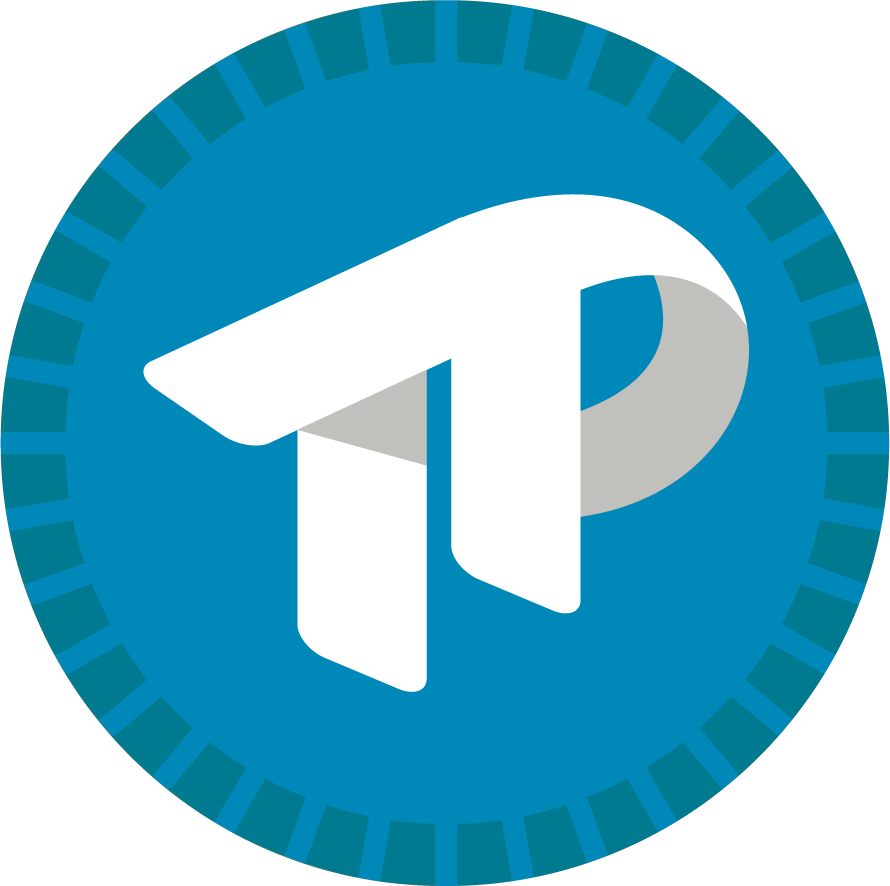
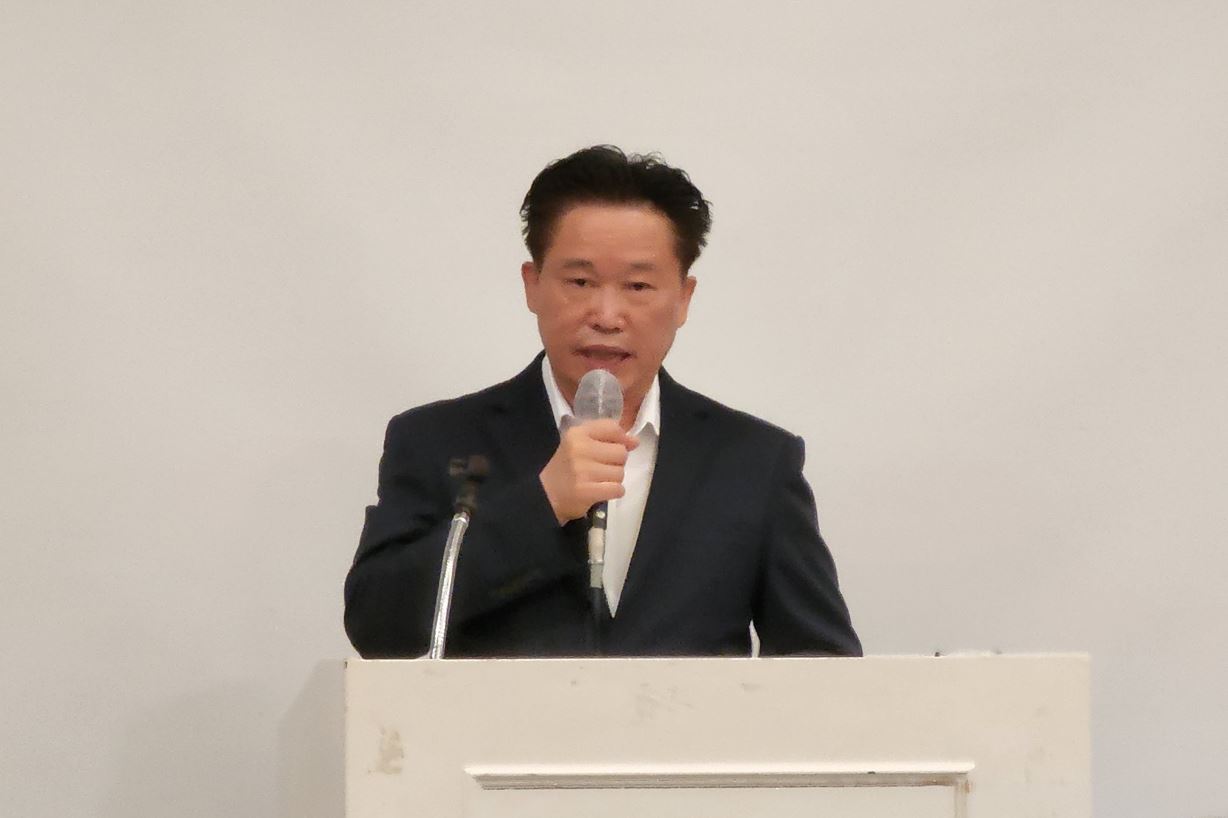




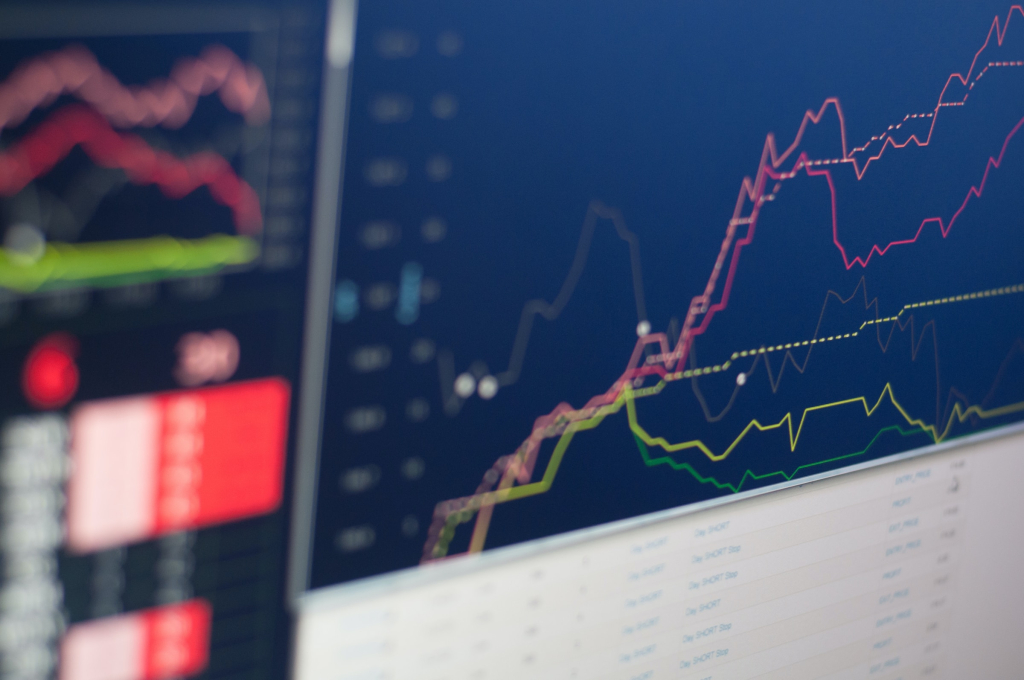
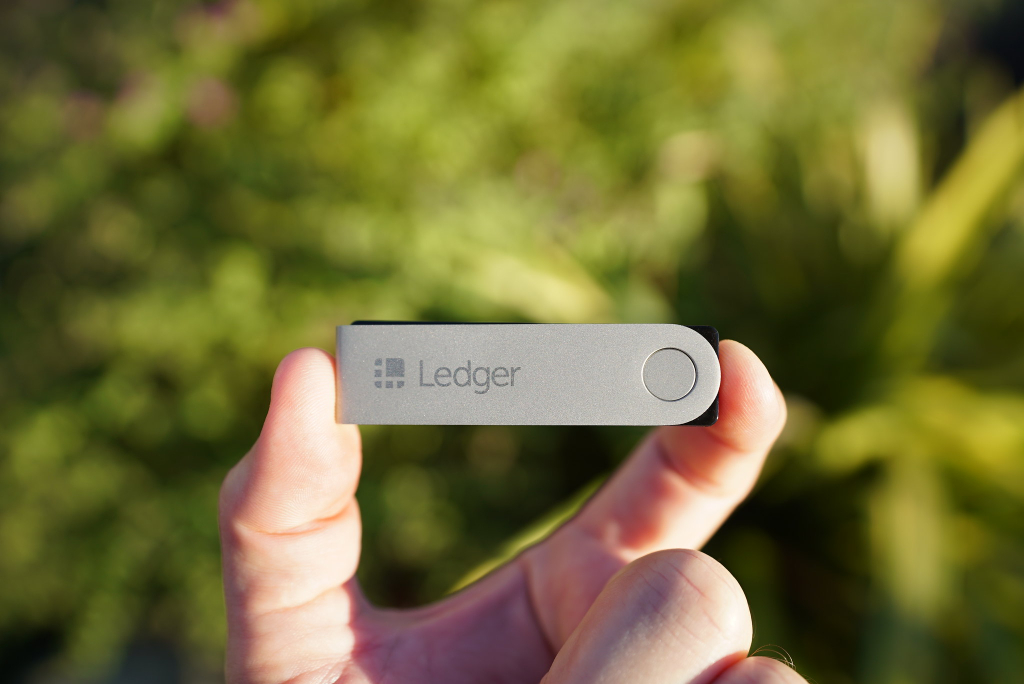
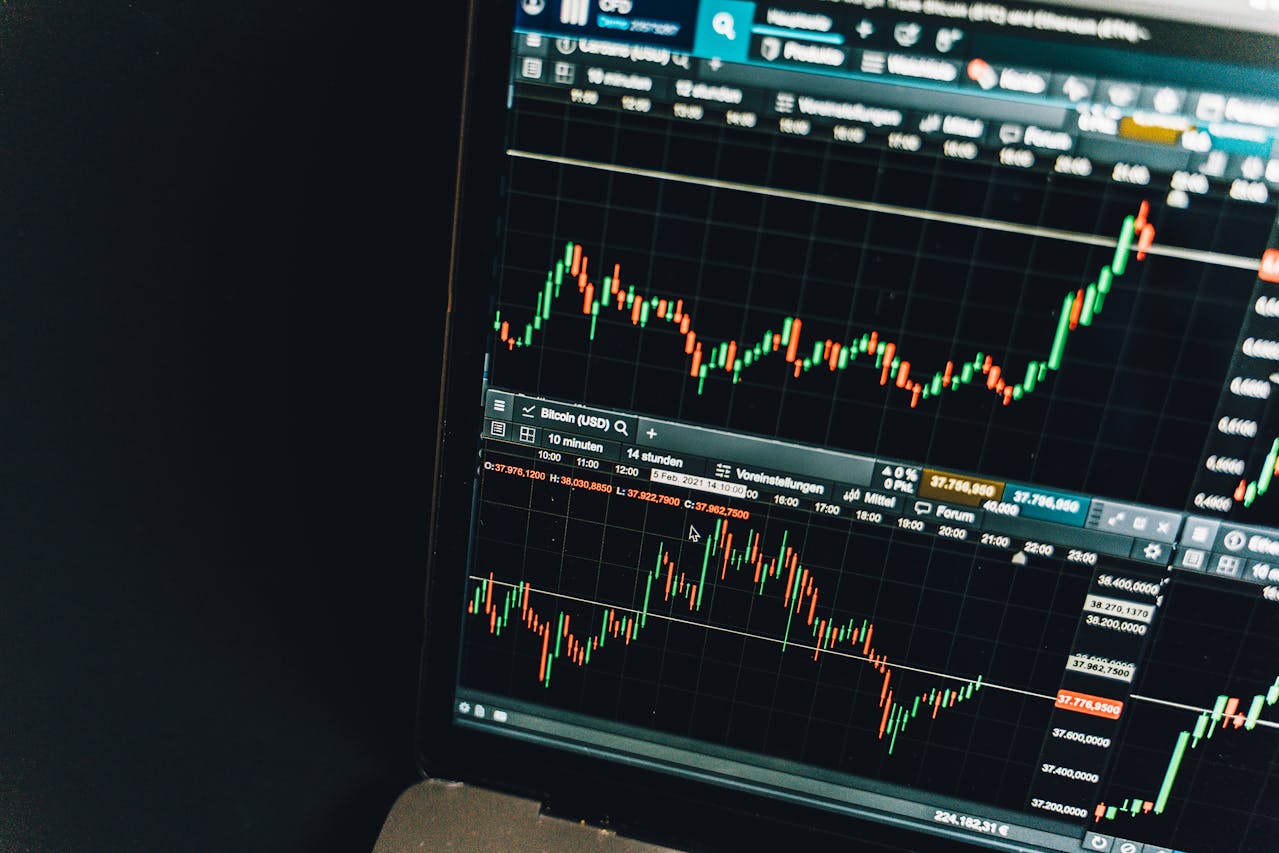
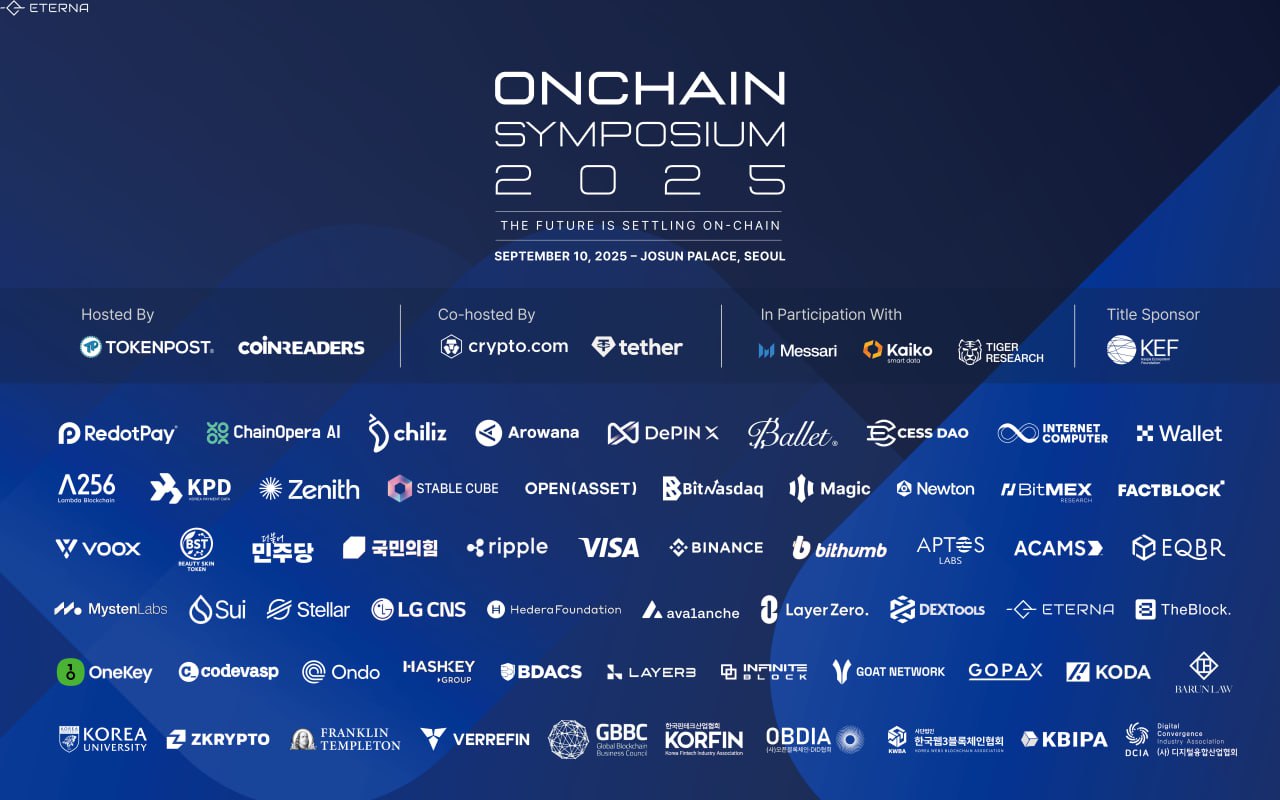
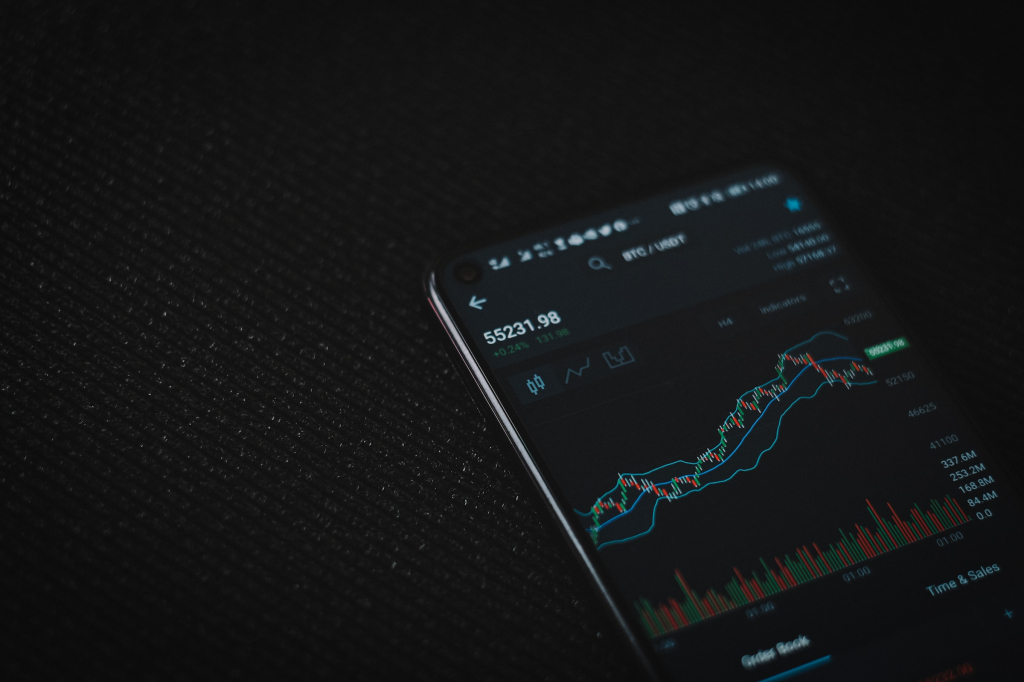

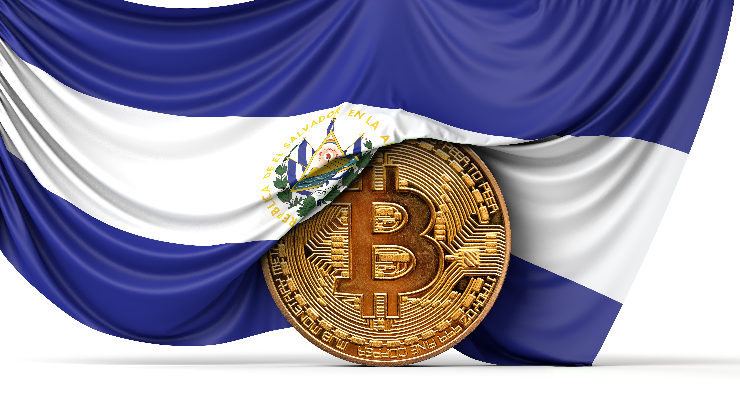

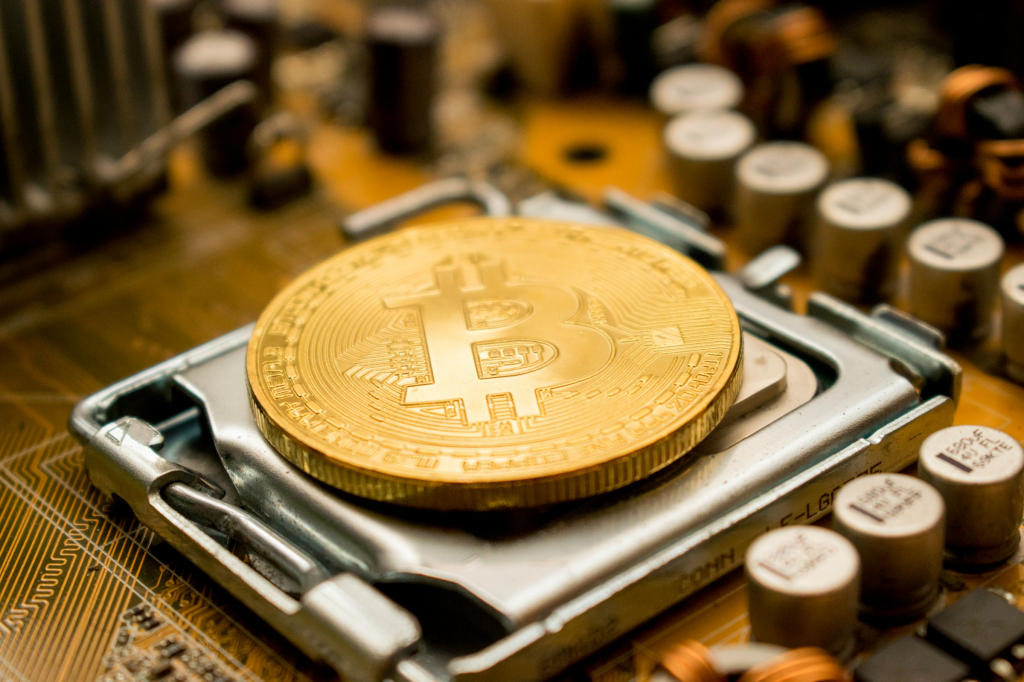



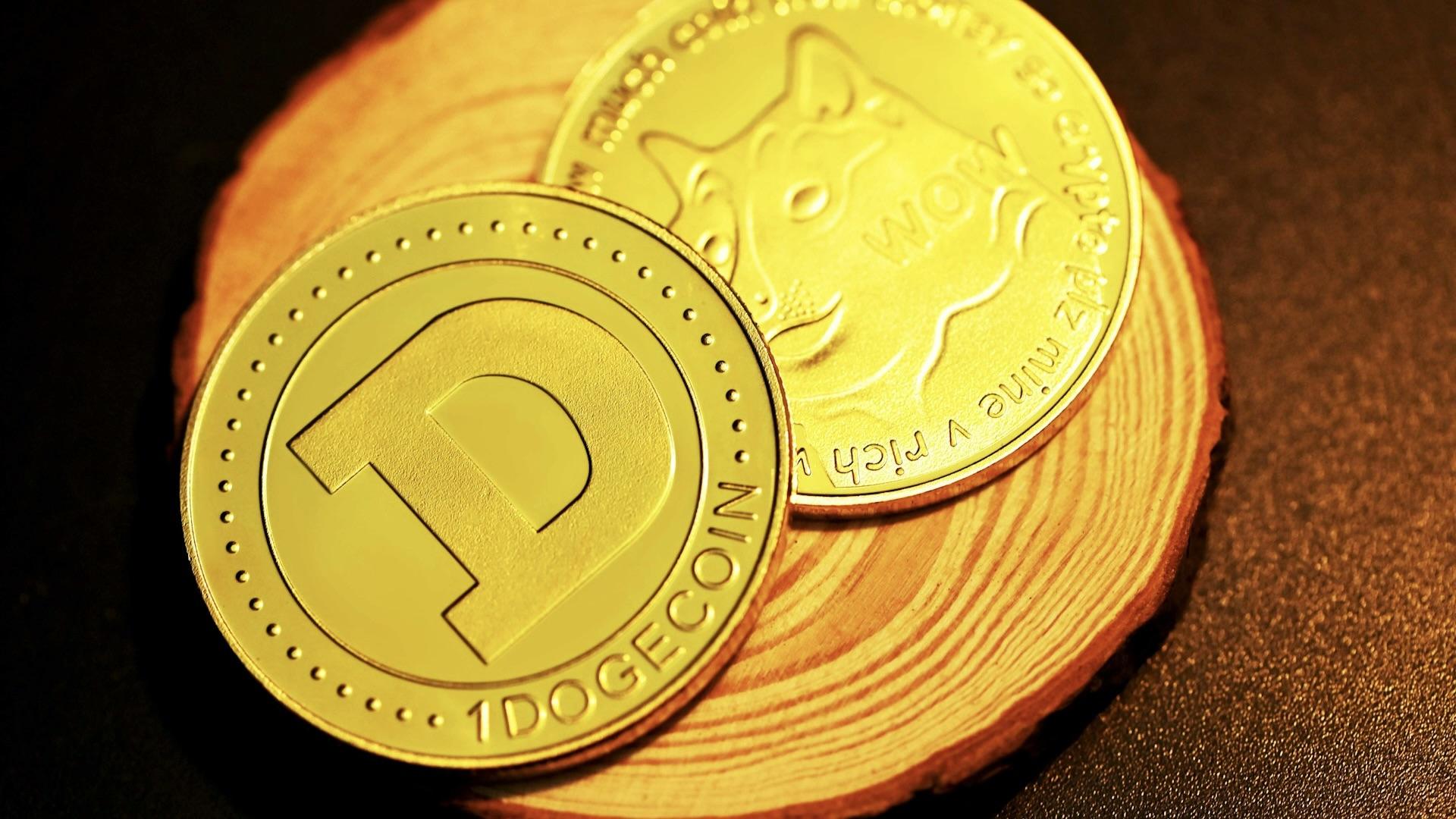
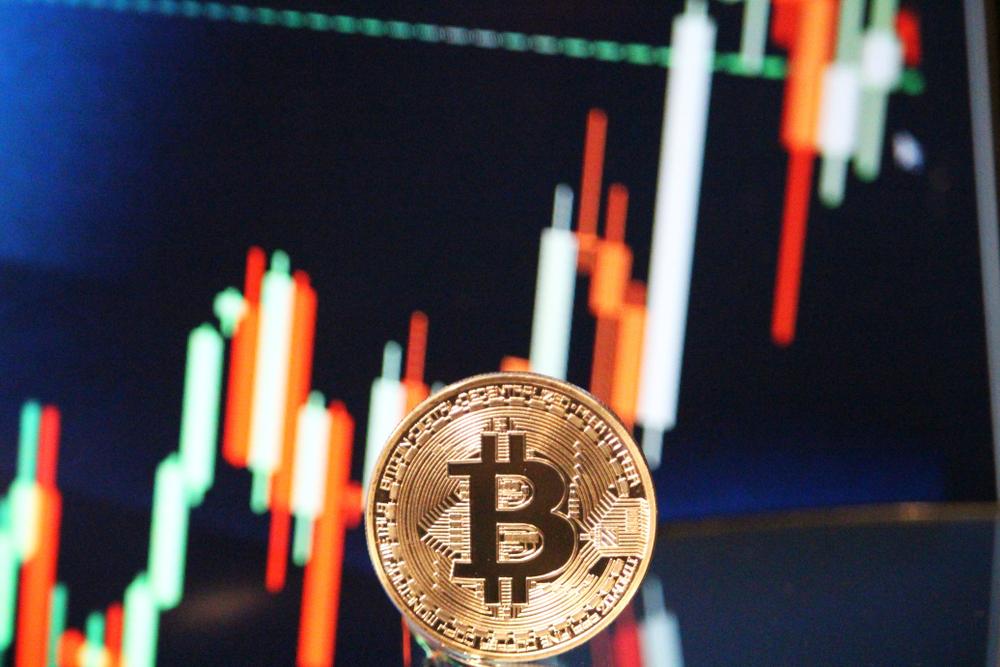


Comment 0